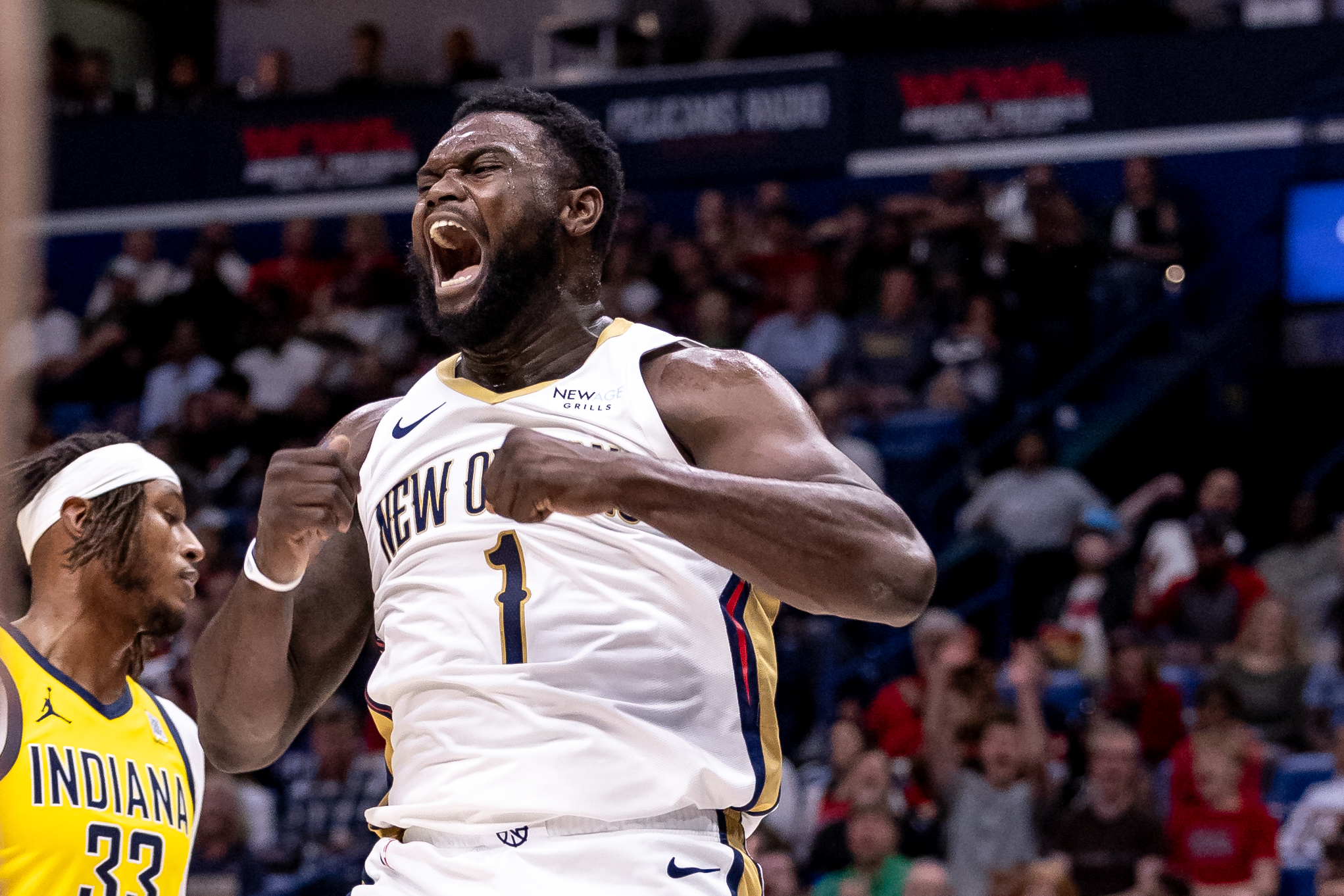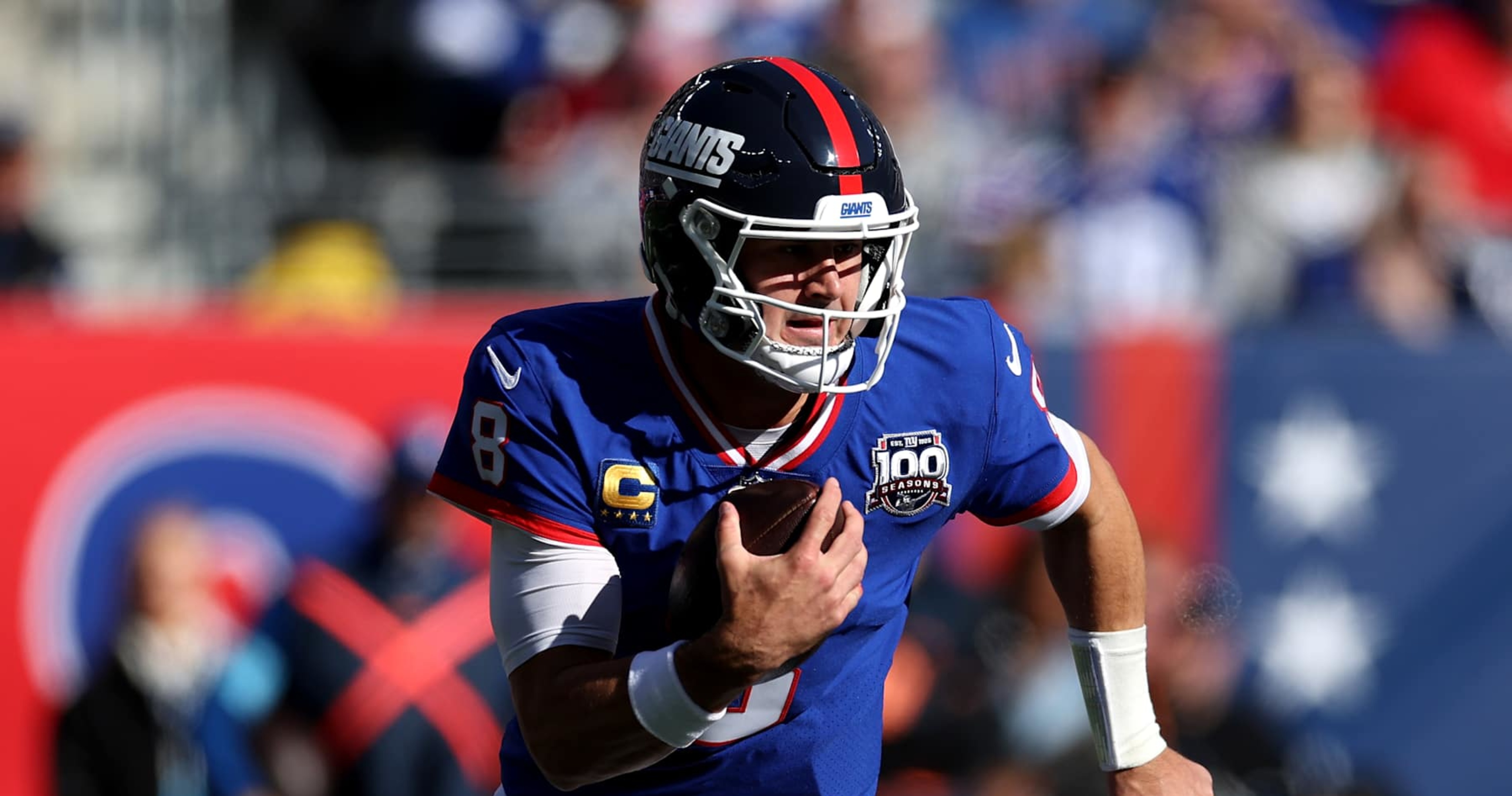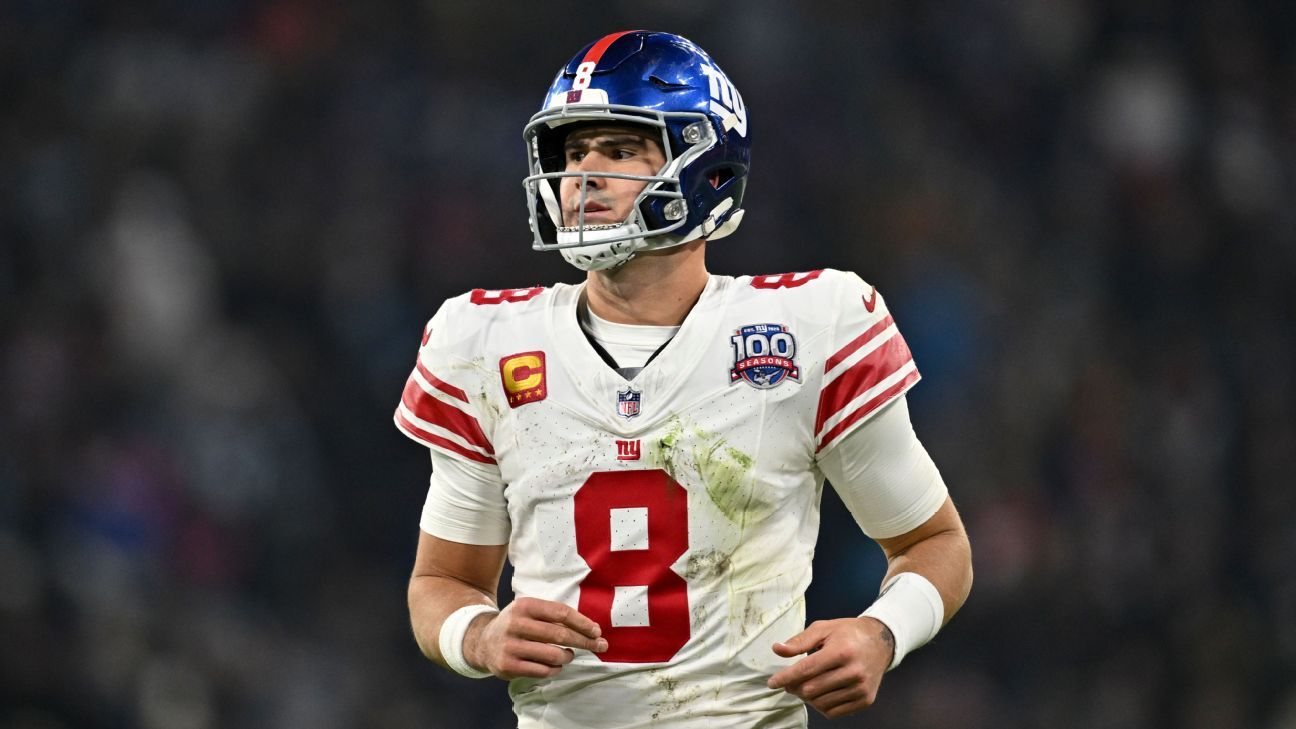Fashion
Maria Grazia Chiuri’s First Dior Show in New York Is A Dream Come True

Since Maria Grazia Chiuri arrived at Dior as creative director eight years ago, it’s been her dream to hold a show in New York. On Monday evening, it’s coming to life via a pre-fall 2024 runway showcase within the storied, art-filled walls of the Brooklyn Museum.
During a preview on Sunday, Chiuri described the destination collection’s meaning as not only personal — the bustling city has held a special place in her heart since her first trip at age 18 — but also symbolic of the long-standing relationship between New York and the Parisian house.
“I know the city very well because it was my second most important trip of my life. The first was that I was obsessed with going to London; the second dream was to come to New York. I remember I worked very hard to save money for the ticket. The idea from the first trip was to make it across the USA to see Niagara Falls, etc., but once I arrived in New York, I said, ‘No, no, no,’ and spent all my time in New York,” Chiuri told WWD.
Over the years, the creative director said she’s frequented the city for both business and pleasure, recalling Fendi’s Fifth Avenue store debut; Valentino’s 2014 all-white couture show; her first Met Gala, and visits with industry friends along the way.
“Christian Dior: Designer of Dreams” made its U.S. debut at the Brooklyn Museum in 2021, telling the story of how Dior opened his international wholesale ready-to-wear house in 1948 at 730 Fifth Avenue, with its own French-conceived, New York-made Christian Dior New York collection.
“I think it’s a long relationship. In any case, New York, Paris, Milan are the cities of fashion. Now there are also cities that are important but especially for my generation, because we are speaking about generation, New York is the city,” she said.
Each trip, she enjoys walking around the streets; seeing the myriad art exhibitions and spending time at the Manhattan flea markets. Just last week, Chiuri returned to New York to support the Dior-sponsored Brooklyn Museum Artists ball on Tuesday night — the same institution she’s frequented for more than 10 years, specifically noting the first time she saw “The Dinner Party” by Judy Chicago, who she later collaborated with on two different projects.
“It’s a very specific museum because it works so much with a community and is very worldwide. From my background, I’m from Italy where we have an idea of the museum as more specific, such as only Roman art. To see a museum where you can see so many exhibitions from artists that come from different parts of the world is something unique — it’s not so usual in Europe, especially Italy. So that impressed me from the first moment — other points of view are something that immediately open your mind,” she said of the Brooklyn Museum’s curatorial direction and thought-provoking projects.
Both the institution and Chiuri share a creative commitment to showcasing feminist art history — a constant throughline of their conversations on fashion, women and the arts further on display via two artist partnerships on Monday night.
Upon entering the Brooklyn Museum, showgoers will be greeted by an installation produced for the show by American-born artist Susan Santoro, who traveled to Italy with Mark Rothko in 1969 and never left. The installation exhibits a curation of her feminist works from the ‘70s, while the second, by Claire Fontaine (the duo of Fulvia Carnevale and James Thornhill, whom Chiuri collaborated with in 2020), references the history of the feminist art movement, specifically in Italy in the ‘70s.
Each season, Chiuri approaches her runway shows and collections like a curator, bridging historical and contemporary arts (and conversation about exploring femininity) not only through installations but also through her mix of archival-referencing and contemporary Dior ready-to-wear.
Beyond her connection to the museum, Chiuri’s overarching collection message touches on Christian Dior’s ties with the U.S., harking back to his New York store opening in 1948, a year after opening his Parisian maison. When speaking about Dior’s relationship with Paris and New York, Chiuri approached her latest collection in the same vein of her fall show that referenced Marc Bohan’s late ‘60s Miss Dior line. Here, Chiuri paid homage to Christian Dior’s work translating Parisian couture into American ready-to-wear for Christian Dior New York.
Recently, the creative director has been exploring not only the legacy of Dior himself, but through the lens of the women who wore his dresses. Cue her direct seasonal inspiration: German-American actress and singer Marlene Dietrich, whose trailblazing, gender-bending style was linked closely to Dior both on- and off-screen.
“I love how she played and didn’t have rules with outfits. She played between sportswear, between male and female. I think she was very inspiring to women because she was so conscious about the power of fashion, using the clothes to create her image. She also had a relationship with Dior that was very strong. He worked with her to create some help for the film [1950’s ‘Stage Fright’]. I think it is a completely different relationship that now is impossible to imagine for us — it is close, but in the past. I think that happened for Mr. Dior to become well-known in the USA — he became very global because she was an artist who worked in Berlin, Paris, New York and Hollywood. It was important for the image of the brand. I like the idea while working on collections to look at the history of the brand but also the women that were with Mr. Dior — she’s a really important reference,” Chiuri said.
In that vein, Chiuri blends menswear tailoring, tweeds and Bar jackets with wide-leg pants, below-the-knee skirts and ultra-light, elegant ‘40s inspired slips; Hollywood-siren-tinged velvet dressing, and plenty of modern sportswear to take clientele across morning, day and night.
“I play with different aspects. I think it’s nice to have references from the past, but at the same time have references of today together. It depends upon the moment,” Chiuri said of versatile, archival-meets-modern wardrobe-building — a key concept to each of her collections.
“I think the most important thing for Dior was Carmel Snow, because the word ‘New Look’ is in English. That was a big, big opportunity for Dior to come to New York, to open the atelier and also understand the style of and adapt the couture house in a way that was not pret-a-porter but more sanctional for the style and life of the city. It was really important for him that Carmel Snow defined the ‘New Look’; it immediately synthesized his brand. It was super smart to understand and immediately acquire the company in the vision that is really an international vision. Even today, we speak about ‘New Look,’” she said.
(It’s the title of the Apple TV series “The New Look” starring Ben Mendelsohn as the legendary couturier, of course. And speaking of Dietrich, she’s getting the biopic treatment in an upcoming series starring Diane Kruger.)
Ready-to-wear and Saddle bags boasting prints of archival stories from WWD, among others, à la the style of John Galliano’s famed black and white newspaper print, directly nodded to the idea.
“In this case, the idea was to speak about the important reference that is the magazine, and how much of a major role of New York is close to the idea of the newspapers. I don’t know why, but immediately when you think about New York, you think of the fashion media. Also in film — it’s very cinematic,” she said of the grouping, noting that while she is thoughtful about bringing back references from Dior’s history, she enjoys mixing them all together.
In that vein, the collection pays homage to New York with contemporary elan, riffing on its history with the French capital à la custom New York City meets Paris skyline designs; large format Statue of Liberty [a gift from the French to the United States at the end of the 19th century] and Eiffel Tower motifs, and a sportif take on the Christian Dior Bicentennial 1976 Franco-American hybrid flag silk scarf, designed by longtime Dior collaborator Alexandre Sache for Marc Bohan. Chiuri said that beyond referencing the house’s history, her “obsession” with scarves currently stems from working on the brand’s recently debuted book “Dior Scarves: Fashion Stories.”
“I think it’s so important to speak about the heritage of the house in a different way — a contemporary way. It’s very important when you are a creative director of a brand like Dior, which has a huge history, to have an approach that is like a curator, because the story is so interesting and important to remember it, but also to move in the future,” Chiuri said.










